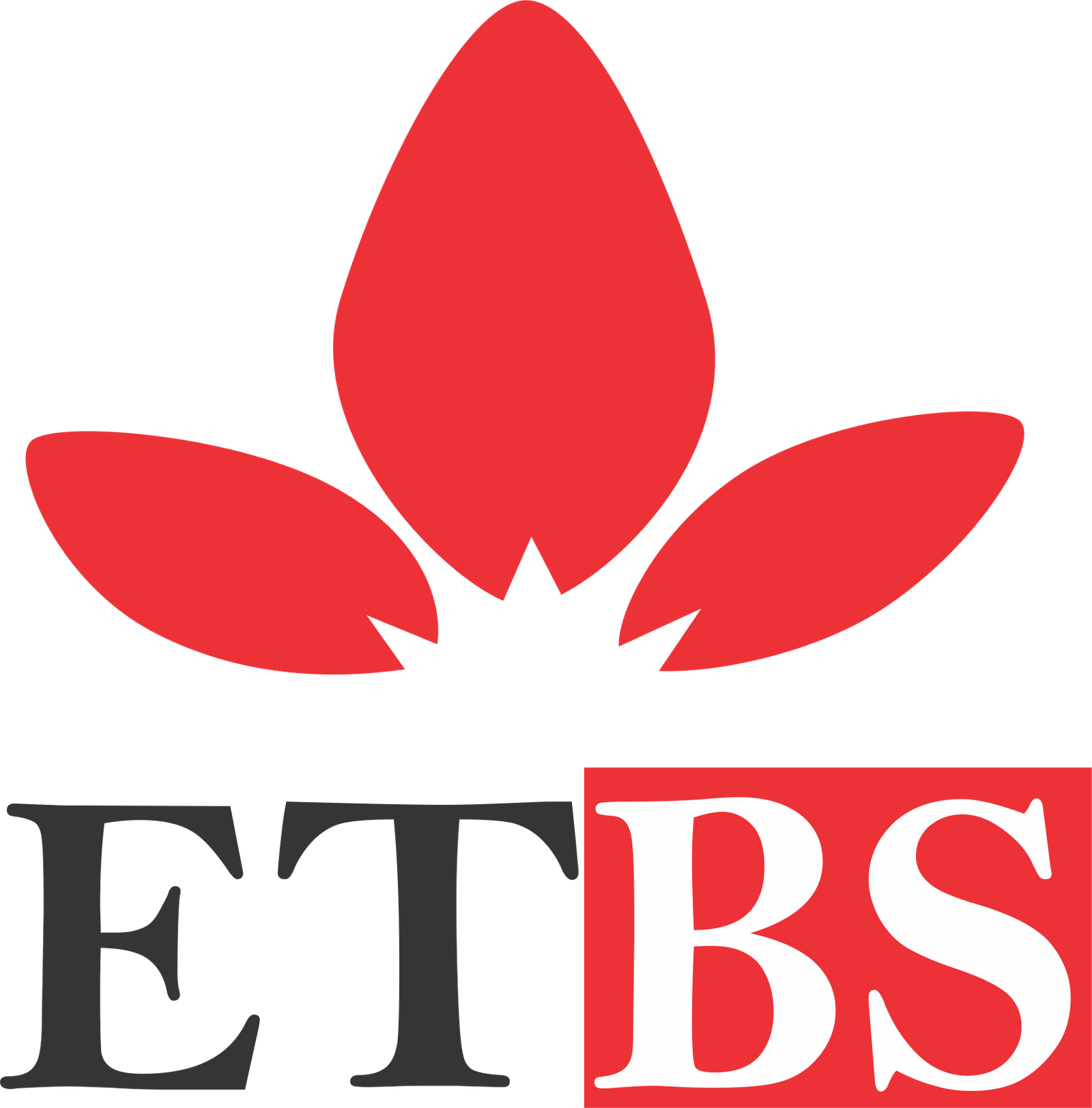 EarthTab Business School
EarthTab Business School
☰
|

Welcome to EarthTab Business School. My name is Amaka Eze and i will be your course preceptor for the course Federalism and Local Government Administration. Federalism and Local Government Administration is an expansive and intellectually stimulating course that delves into the theoretical, structural, historical, legal, financial, operational, and comparative dimensions of governance in federated states and decentralized political systems. This course is built on the understanding that federalism is both a philosophy of shared sovereignty and a practical mechanism for ensuring unity in diversity, balance in power relations, and development through multi-tiered governance. The course begins by deconstructing the origins and evolution of federal systems, tracing their emergence from socio-political contracts in plural societies to modern constitutions designed to manage ethnic, religious, linguistic, and territorial diversities. Drawing from key philosophers like Montesquieu, Madison, and Tocqueville, you will gain insight into how federalism arose as a compromise between centralized authority and regional autonomy. The course then analyzes the doctrinal principles of federalism, as autonomy, subsidiarity, division of powers, checks and balances, interdependence, cooperative governance, dual citizenship, and constitutional entrenchment. It interrogates the complex legal infrastructures and institutional arrangements that structure the federal–state–local relationships in various contexts. A significant portion of the course is dedicated to local government administration, the lowest yet closest tier of government to the people. Here, the course emphasizes the functions, responsibilities, legal backing, internal structure, service delivery roles, leadership composition, and developmental potential of local governments. It critically reviews the challenges of underfunding, capacity gaps, corruption, political interference, low citizen participation, and weak oversight, all of which plague local governance, particularly in developing federal systems. You will explore models of local governance, including the council-manager, mayor-council, parliamentary, and traditional authority-integrated systems. Special attention will be given to how local governments in federations like Nigeria, South Africa, India, Germany, and the USA operate within the broader federal architecture. The course explores fiscal federalism in detail, examining revenue sharing formulas, taxation powers, federal grants, intergovernmental fiscal transfers, equalization policies, and the contentious politics of resource control. The central question explored is: How should resources be generated, allocated, and utilized among federating units in a manner that promotes equity, efficiency, and development? Additionally, the course investigates intergovernmental relations (IGR), covering both vertical (federal–state–local) and horizontal (state–state or local–local) relationships. It scrutinizes cooperation, competition, coordination, and conflict in federal systems, exploring mechanisms such as joint planning committees, dispute resolution bodies, regional councils, constitutional courts, and federal executive councils. Through comparative federalism, you will examine how different countries have configured their federations based on their peculiar historical, political, economic, and socio-cultural contexts. It will also highlight how various countries handle tensions such as secessionist agitations, marginalization claims, political exclusion, and identity politics, with special reference to Canada’s Quebec, India’s Kashmir, Spain’s Catalonia, and Nigeria’s Niger Delta. The course critically analyzes governance challenges and reform pathways at the local government level, including the constitutional autonomy vs. political capture dilemma, debates over elections vs. appointments, issues of gender representation, and the need for administrative innovation, transparency, digital transformation, participatory budgeting, and community engagement. Ultimately, this course is not just theoretical but deeply practical. It equips you with the tools to: Reimagine governance in federations, Engage in policy advocacy, Participate in democratic reform movements, Design functional local government systems, and Propose solutions to entrenched problems in intergovernmental governance. A comprehensive understanding of the ideological and structural foundations of federalism The ability to dissect constitutional arrangements and their implications on subnational governance Skills to analyze and critique local government administration in various settings Knowledge of intergovernmental coordination and conflict resolution Insight into fiscal federalism and equitable development strategies Comparative perspectives for policy innovation and system reform Practical strategies for enhancing governance, participation, and development at the grassroots Federalism: History, Philosophy, and Political Foundations Legal and Constitutional Designs of Federations Theories of Decentralization and Devolution Structures, Functions, and Frameworks of Local Governments Fiscal Federalism and Financial Administration at Subnational Levels Intergovernmental Relations: Theory, Practice, and Mechanisms Challenges to Effective Local Governance in Developing Countries Comparative Federal Systems and Local Governance Models Corruption, Accountability, and Oversight at the Local Level Strategies for Reforming Federal and Local Governance Systems By the end of the course, you should be able to: Critically define and analyze federalism and local government systems in theory and practice Explain the logic and structure of intergovernmental power distribution Analyze the constitutional and institutional basis for decentralized governance Examine the administrative, political, and developmental role of local governments Interpret the dynamics of fiscal federalism and how resources are shared and contested Assess the impact of local government on grassroots development and participatory democracy Compare federal and local governance systems across different countries and draw useful lessons Evaluate reform options and propose viable solutions to systemic challenges in federalism Extensive lectures Weekly reading assignments Real-world case studies (Nigeria, USA, Germany, India, South Africa, Brazil, Australia) Role-playing simulations of intergovernmental decision-making Group presentations on local government policy design Debates on federal restructuring and constitutional amendments Interviews with public servants and local government leaders Weekly quizzes and one final comprehensive examination I look forward to congratulating you upon completion of this courseCourse Overview
What You Will Gain
Key Themes Covered
Course Objectives
Pedagogical Tools

Unlocking Professional Potential through world-class assessments and industry-ready training.
"Empowering Professionals through practical, accessible online business education"
- Blessing Princess Agho
 Founder/Lead Instructor
Founder/Lead Instructor